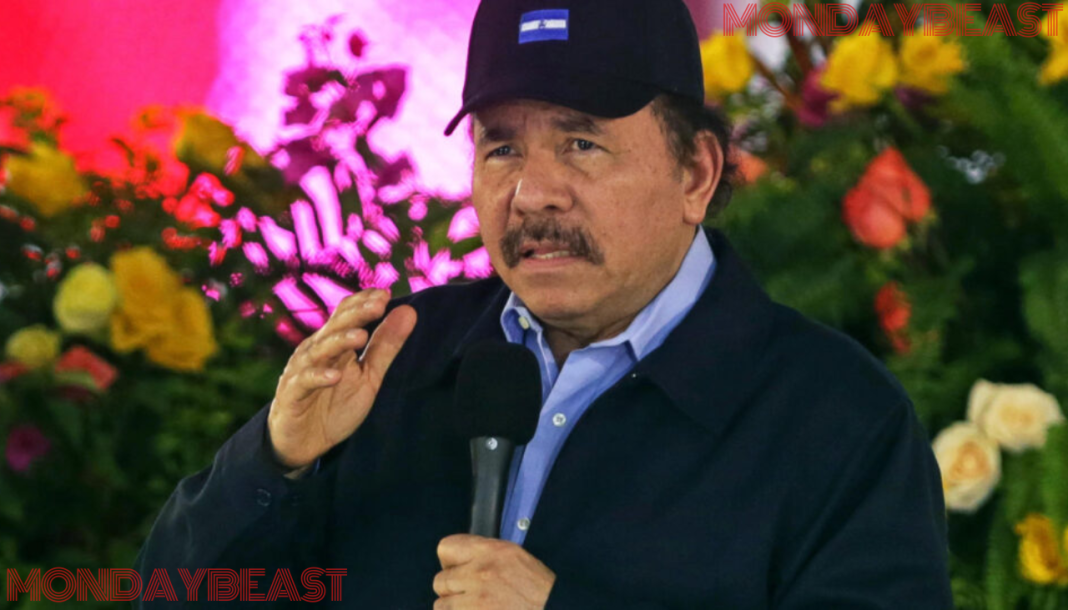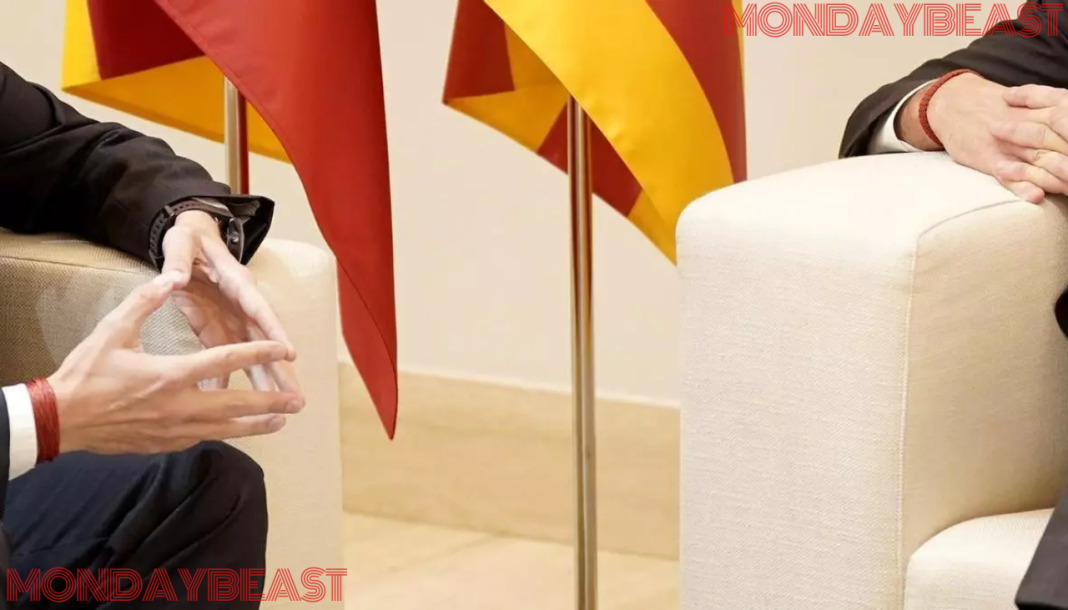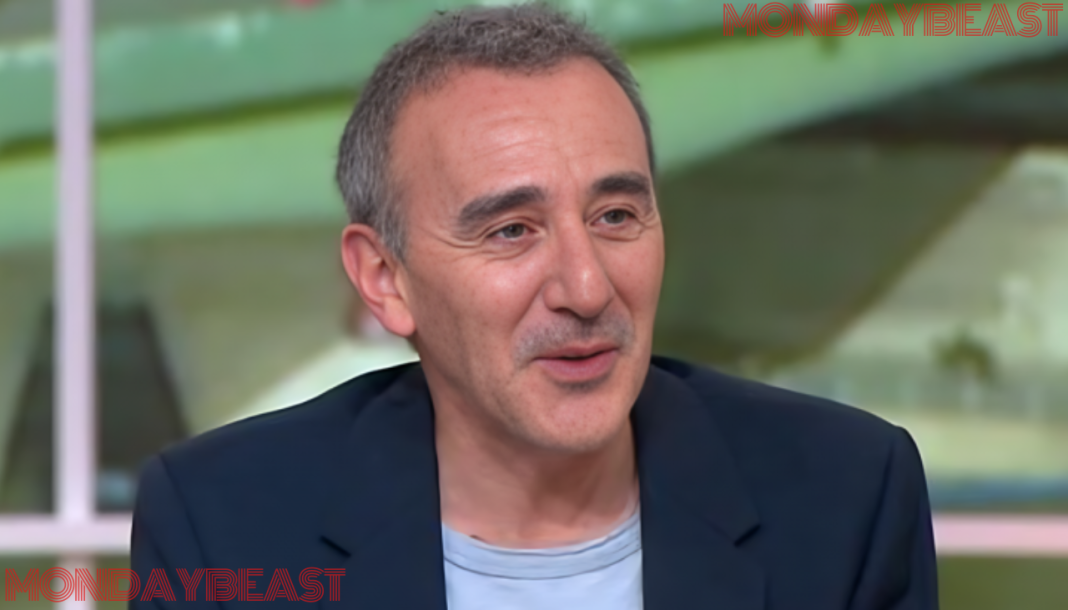In a significant political move, Nicaragua’s National Assembly approved a controversial constitutional reform. The vote came on Friday, sending ripples of concern throughout the international community. President Daniel Ortega and his wife, Vice President Rosario Murillo, are at the helm of these changes.
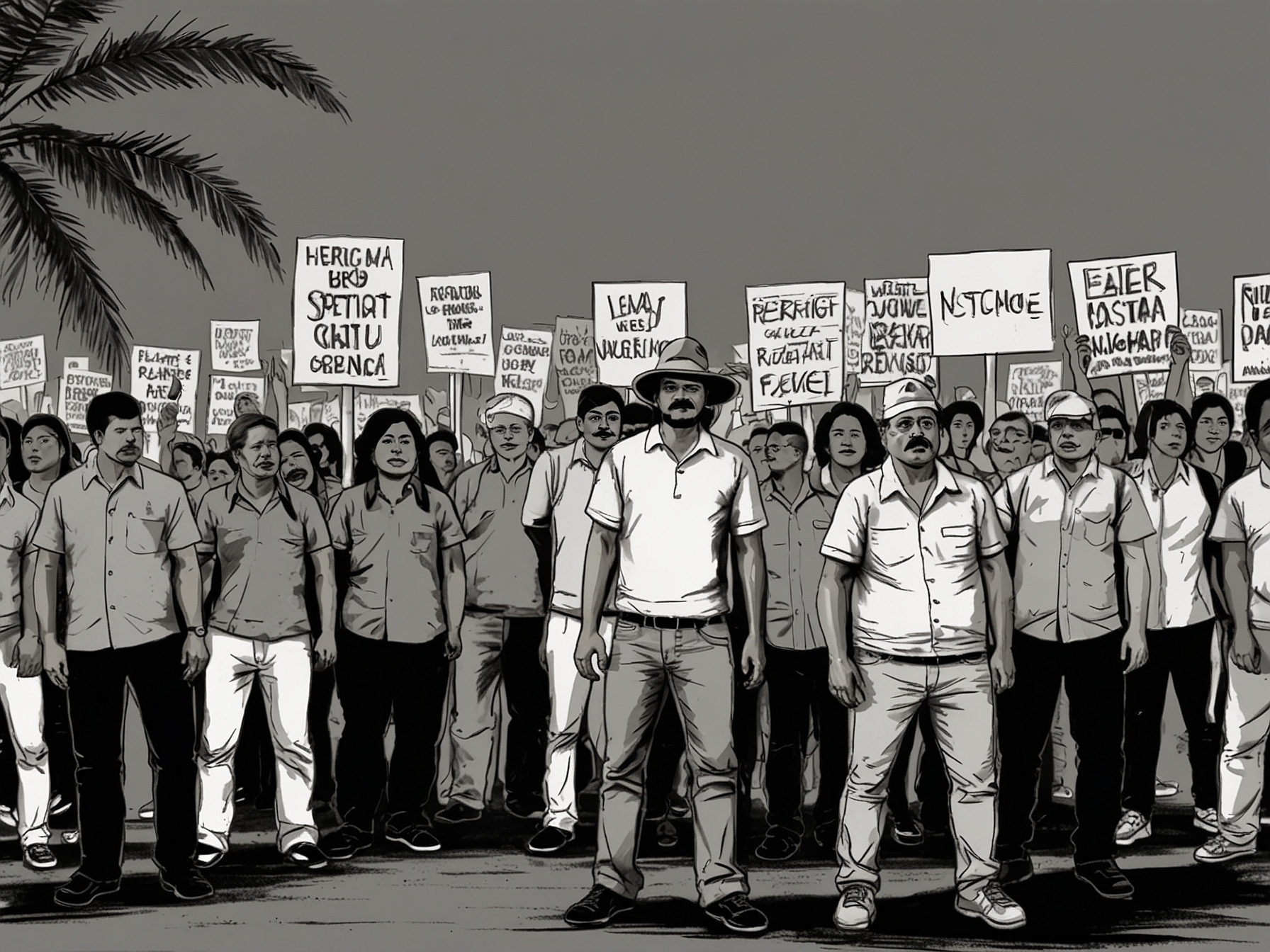
This reform is not just a simple adjustment to the law. It strengthens Ortega’s grip on power in ways that many experts find alarming. The changes extend the presidential term from five to six years, which means Ortega could hold on longer than expected.
Moreover, the vice presidency will now come with a twist. Murillo will ascend to the role of “co-president.” This shift underscores a deeply entwined political partnership and leaves many wondering: is this a true democracy or a step into authoritarianism?
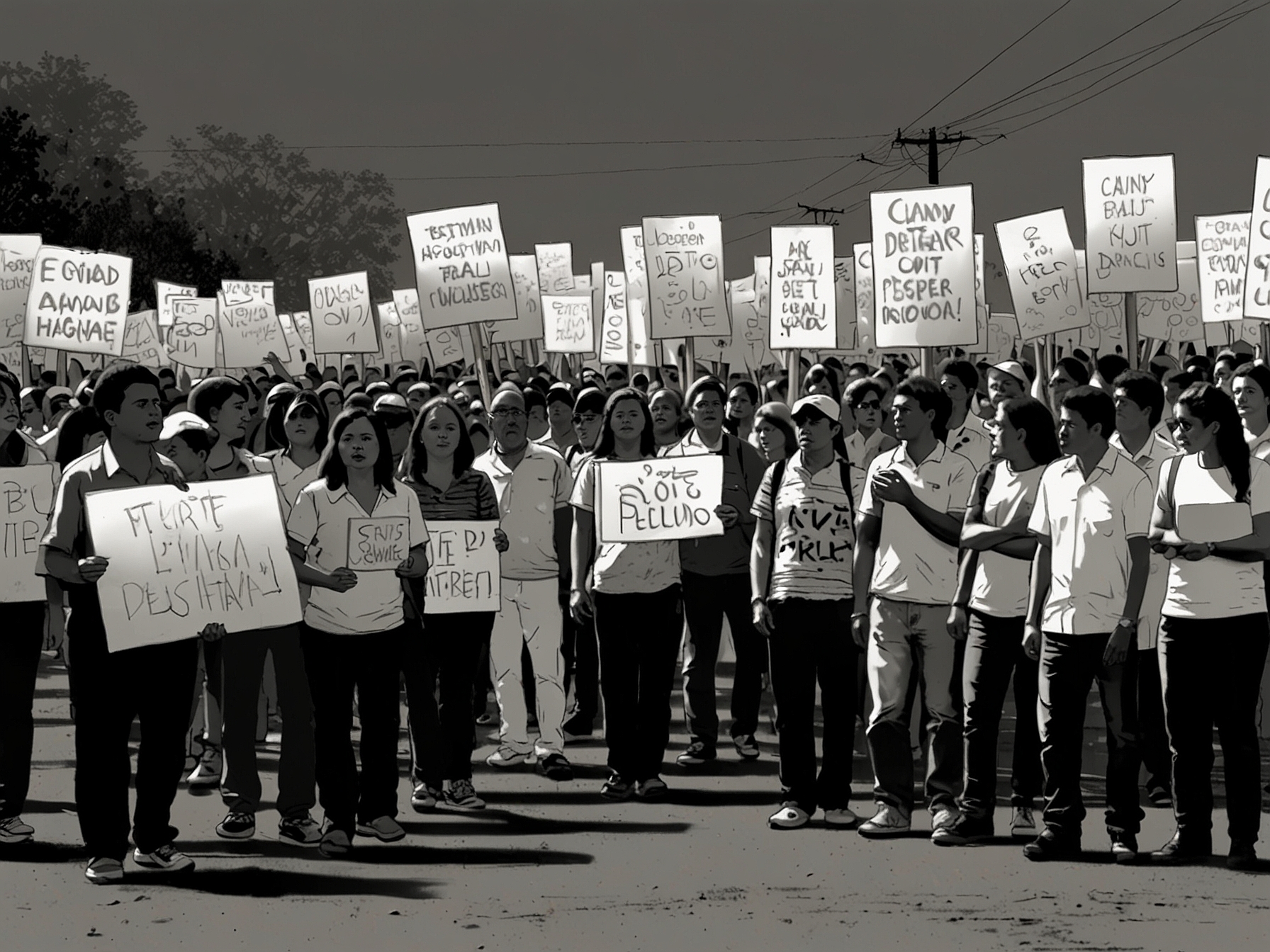
Ortega’s administration has faced criticism for its aggressive suppression of dissent. Just last year, over 200 political prisoners were released and expelled to the United States after a crackdown that silenced any opposition. Yet, the question lingers—how many voices remain unheard?
Volker Türk, the UN High Commissioner for Human Rights, has voiced grave concerns. He argues that these reforms could plunge Nicaragua deeper into a human rights crisis. The potential erosion of fundamental freedoms hangs over the nation like a dark cloud, raising the question: will these proposed changes mark a turning point?
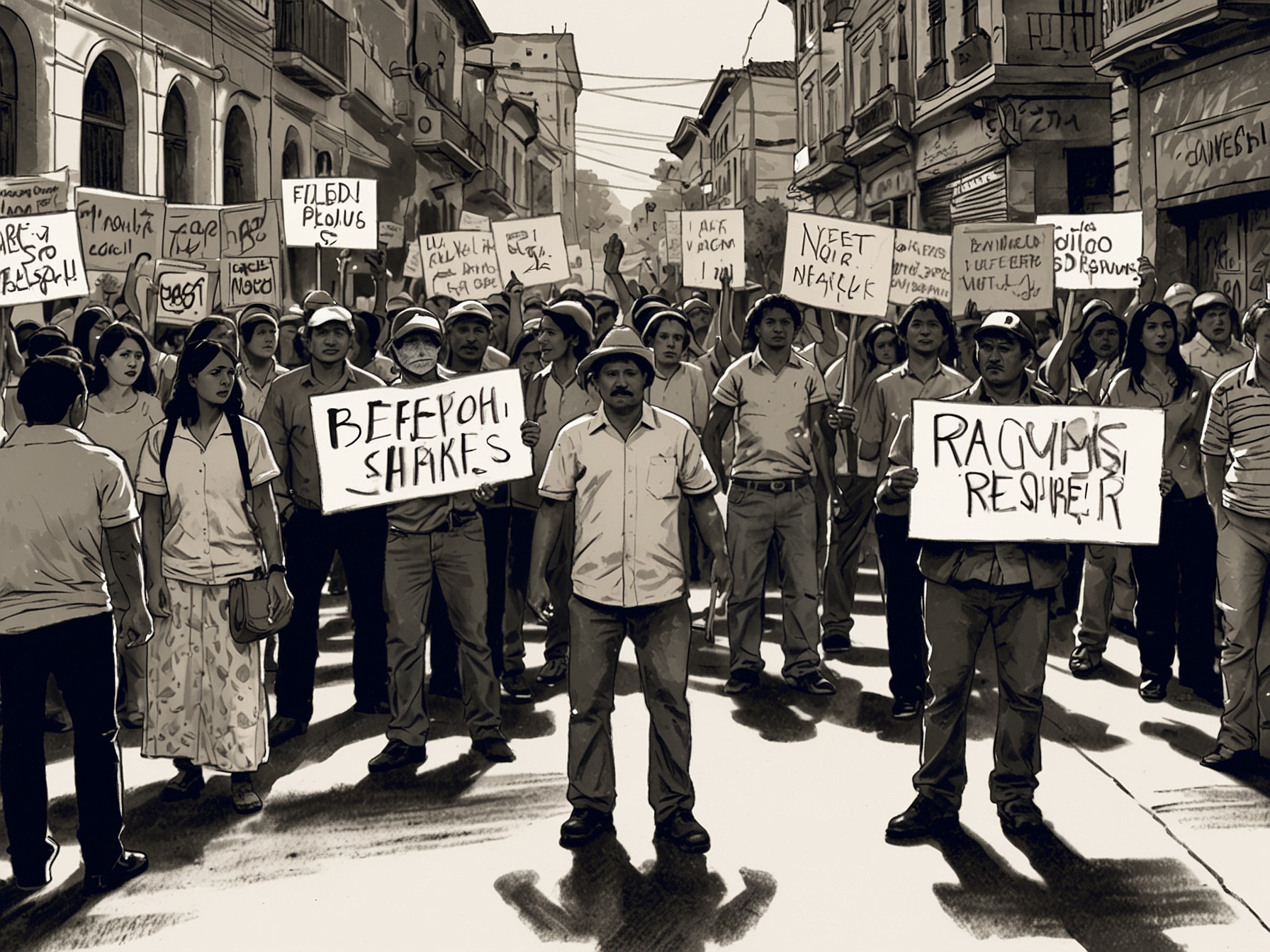
One of the more startling aspects of the reform is the expanded control over the media. Ortega’s government is set to ensure that the press is not influenced by foreign interests. However, can true freedom of the press exist under such restrictions?
Furthermore, with the new roles of co-presidents, Ortega and Murillo will have broad authority. They will influence the legislative and judicial branches. This consolidation of power raises eyebrows and leads to a crucial question: how can checks and balances survive when power is held so tightly?
The reforms require a second legislative vote next year. Many see this as a final test for democracy in Nicaragua. Will lawmakers defend the people’s rights or allow fear to dictate their choices?
Critics accuse Ortega and Murillo of seeking absolute power. Their actions inspire debates over the nature of democracy itself. How far are leaders willing to go in the name of stability?
In Latin America, concerns about authoritarianism are not new. Countries like Venezuela offer a stark reminder of where unchecked power can lead. However, Nicaragua’s situation stands out for its complexity, as the intersecting personal and political agendas make it uniquely challenging. How will history remember these years of Ortega and Murillo’s rule?
Nicaragua is now at a crossroads. Citizens are left with uncertainty and fear, but also, perhaps, hope. This pivotal moment raises many questions: what will the future hold for Nicaragua? Will there be space for dissent, or is silence the new norm? As the second vote approaches, the world watches, waiting for answers.

